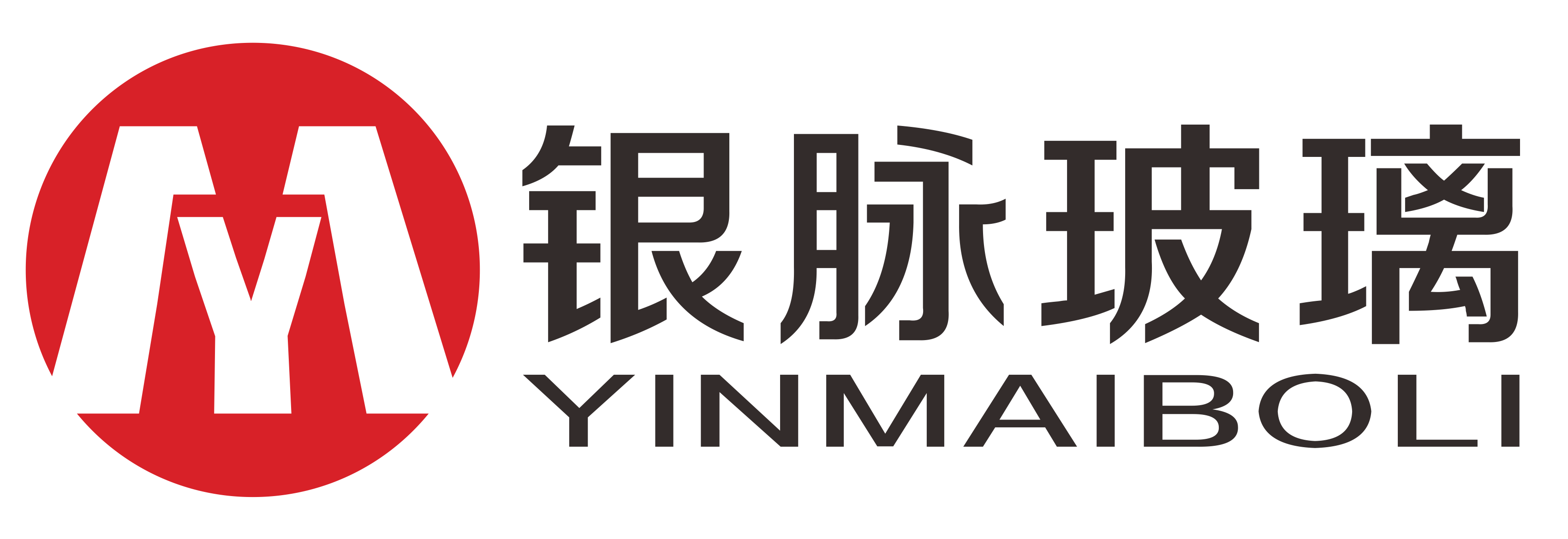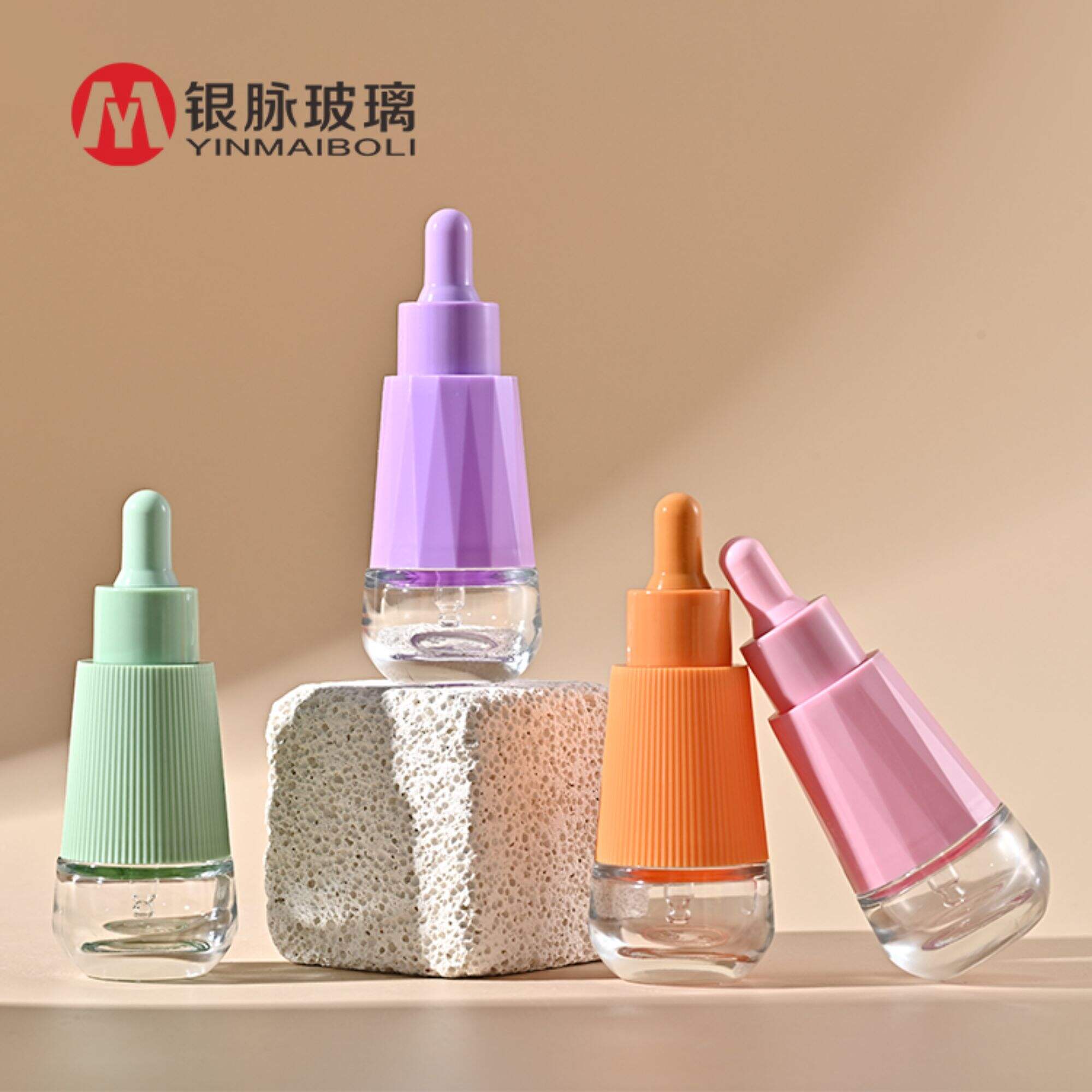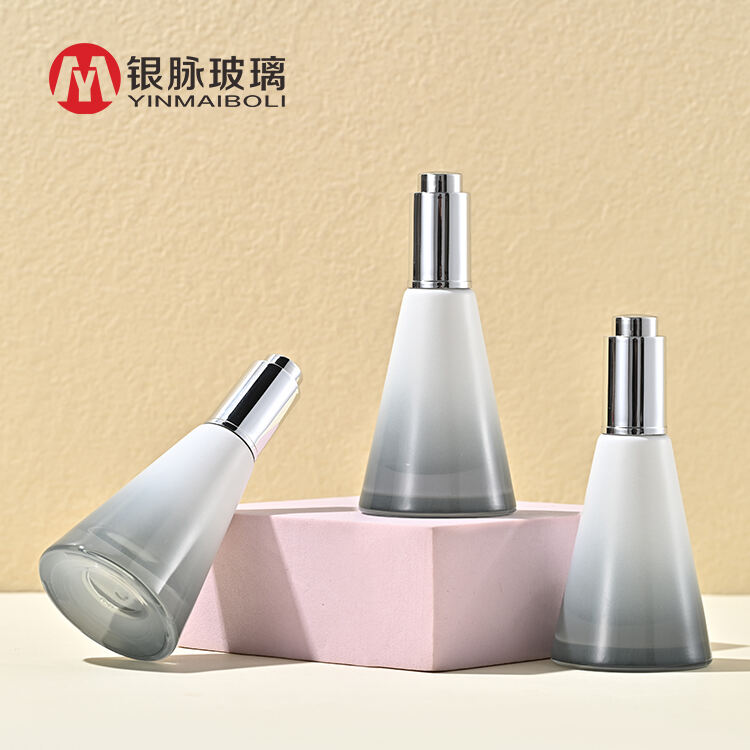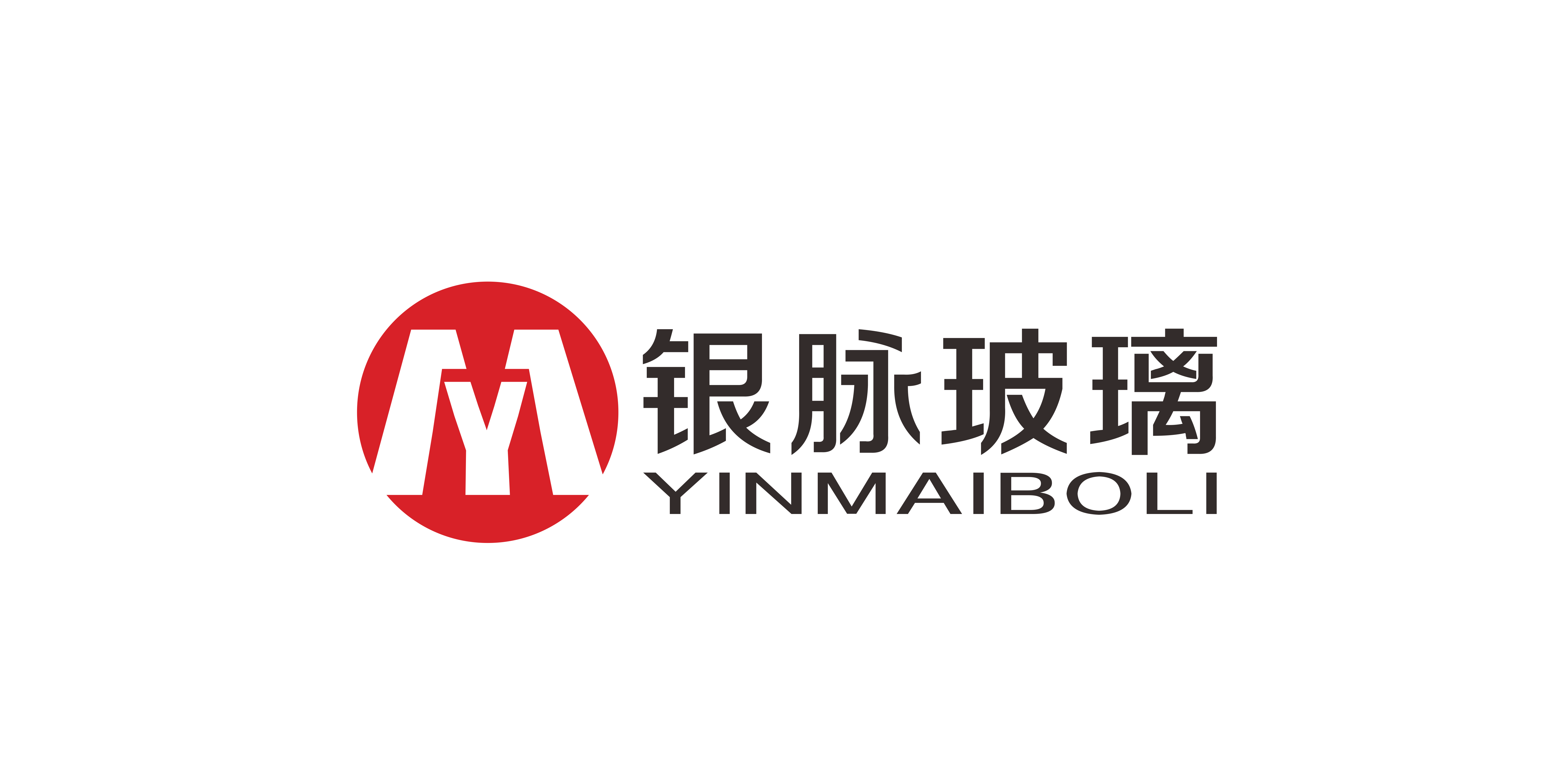Bulk Dropper Oil Bottle Sourcing: Global Supplier Selection Strategies
Global Market Trends in Cosmetic Packaging
We're seeing something pretty interesting happening in the world of cosmetic packaging these days. More and more companies are moving away from traditional plastic containers toward greener alternatives because people just don't want to see their favorite lotions and creams coming in wasteful packaging anymore. Consumers today care deeply about what happens to product packaging after they finish using it, so brands need to step up their game if they want to stay relevant. Biodegradable materials, things that can actually be recycled properly, and packages designed for reuse have become much more popular over recent years. Refill stations at stores are popping up everywhere now too, which makes sense when we think about how many empty bottles end up in landfills each year. This whole shift towards sustainability isn't just good for the planet either it often saves money in the long run for both businesses and consumers alike.
Cosmetic packaging looks set for serious growth in coming years, especially in certain parts of the world where sales are really taking off. Take a look at North America and the Asia-Pacific region they're becoming hotspots for expansion, largely because brands there are increasingly turning toward eco-friendly packaging options. Industry forecasts suggest the worldwide market could hit multiple billions in revenue around 2025, which points to pretty exciting opportunities ahead for companies operating in this space. The push toward sustainability isn't just good PR either it's actually driving real business decisions across the beauty sector right now.
The growth of online shopping has really changed how we think about packaging size and design. People buying stuff on the internet want packages that can survive shipping but still take up minimal space when stored at home. This means manufacturers have had to rethink their whole approach to packaging materials and dimensions. For businesses ordering supplies in bulk, this shift creates some tricky choices. They need to balance cost savings from large orders against the reality that oversized packaging just doesn't work well for most customers anymore who are used to getting flat packed items delivered right to their doorsteps.
Importance of Bottle Material Integrity
Material integrity is crucial in preserving product quality, especially with sensitive formulations like oils and serums, where any compromise in packaging can lead to product degradation. Ensuring the integrity of materials used in cosmetic packaging helps safeguard the efficacy and safety of the products.
When it comes to packaging, most industries stick with glass, plastic, or metal for their bottles, each material bringing something different to the table. Glass is pretty much the gold standard when it comes to keeping contents safe from contaminants. Plus, those sleek glass bottles just look better on store shelves, which is why so many premium brands go this route. Plastic has its place too obviously. These bottles are super light weight and cheaper to produce, which matters a lot for companies selling huge volumes. The nice thing about plastic is how easy it is to mold into all sorts of shapes and sizes, giving designers more creative freedom for everyday consumer goods.
Industry standards play a critical role in material quality assurance, ensuring manufacturers comply with consumer safety regulations. These standards include guidelines on the compatibility of materials with cosmetic ingredients, sealing capabilities, and resistance to breakage. Adhering to such standards is vital for maintaining consumer trust and meeting safety requirements.
Aligning Capacity with Bulk Order Requirements
Understanding the correlation between order capacity and production efficiency is pivotal for suppliers dealing with large-scale demands. Suppliers must adeptly manage high-volume orders to ensure timely delivery and maintain product quality. Efficient production processes and streamlined supply chains enable them to handle bulk orders more effectively.
The time it takes to get big bulk orders ready depends a lot on things such as how complicated the materials are and just how much needs to be made. Take standard delivery periods for example they can stretch anywhere between several weeks right up to maybe two months sometimes even longer. This really affects how supplier companies handle client interactions and set realistic deadlines. Good quality suppliers tend to sit down with customers early on, figuring out what exactly needs doing so everyone knows what to expect. They'll adjust schedules based on what works best for both sides, which helps avoid those frustrating last minute surprises when products don't arrive when promised.
When it comes to sourcing plans, scalability matters a lot if companies want to handle growing demand. Most businesses need to think ahead about what happens when customers start wanting more products than they currently produce. That means adjusting strategies so operations can expand without breaking down. Being able to scale up or down makes all the difference in building good relationships with suppliers too. After all, nobody wants to promise delivery dates they can't keep. Companies that manage this well tend to stay ahead of competitors because they maintain steady product availability even when markets fluctuate.
Key Criteria for Bulk Dropper Bottle Supplier Selection
Evaluating Glass Quality & UV Protection
Choosing the right supplier for bulk dropper bottles means paying close attention to glass quality and UV protection features. Good quality glass does more than look nice it actually helps keep products fresh longer, especially important for oils that degrade when exposed to light. Look for glass that's clear but tough enough to withstand normal handling without cracking or breaking. This kind of glass acts as a barrier against contaminants while keeping the oil stable during storage. Recent research from the Journal of Applied Packaging Research shows that glass with proper UV protection blocks out damaging light wavelengths that would otherwise ruin delicate essential oils and other light-sensitive formulations. Most reputable manufacturers go through certification processes set by international standards bodies to prove their glass meets these protection requirements. These certifications give buyers peace of mind knowing their products will stay effective and maintain quality characteristics for much longer periods.
Customization Capabilities (Printing/Coating)
Product customization plays a big role in building strong brands, and working with suppliers who offer various printing and coating choices makes products stand out more. Custom labels, company logos, and special color treatments do more than just support branding efforts they help products catch attention when competing against others on store shelves. Lead times for these custom touches can differ quite a bit depending on what needs doing, though suppliers with modern printing equipment generally get things done pretty quickly, usually finishing orders within several weeks at most. Recent improvements in printing tech and coating materials mean we now see finishes that look great and last longer too. When companies go all in on good customization ideas such as raised logos or multi-colored gradients, their packaging gains that extra touch of class while still holding up well during shipping and long term storage periods.
MOQ Flexibility & Lead Time Efficiency
When looking for a dropper bottle supplier, how flexible they are with minimum order quantities really matters for cash flow management in small and medium sized businesses. Suppliers who offer flexible MOQs let companies buy what they actually need based on both money situation and warehouse space, so budgets stay balanced instead of getting stuck with excess inventory. Industry standard lead times vary quite a bit depending on order size, generally taking anywhere from a few weeks up to several months. But some better suppliers will get things done faster, sometimes cutting delivery time in half compared to others. This speed difference makes all the difference when picking a vendor because shorter wait times mean production runs can keep moving along smoothly. Businesses that need to respond quickly to changing markets or customer preferences find this kind of responsiveness absolutely essential these days.
Compatibility with Carrier Oils & Formulas
Material compatibility matters a lot when dealing with different oil formulations, especially since some carrier oils actually react badly with certain types of plastic. The stuff going into dropper bottles needs proper testing before anyone starts filling them up. We want materials that won't break down over time or change how the oils behave chemically inside those containers. Contamination risks go away when this gets done right, which keeps products both safe and effective for consumers. Most industries have rules about this kind of testing anyway, particularly for bottles meant to hold multiple kinds of products across fields like beauty care and medicine. When manufacturers stick to these guidelines, they give customers peace of mind knowing their packaging works well for storing all sorts of formulations safely over extended periods. This ultimately helps protect brand image too because nobody wants to deal with faulty containers damaging their valuable products.
Strategic Global Supplier Engagement
Navigating Regional Manufacturing Hubs
Finding the right manufacturing centers around the world makes all the difference when working with international suppliers for cosmetic packaging needs. Take Asia for example China and India stand out because companies there can produce large volumes at much lower prices thanks to cheaper labor markets. Over in Europe, Germany and Italy have built reputations for cutting edge tech and exceptional product quality standards. But no region is without its tradeoffs. Asian manufacturers definitely save money but often struggle with language barriers and take weeks longer to ship products across oceans. The Europeans deliver top notch quality faster turnaround times usually under two weeks but price tags go way up compared to what's available elsewhere. Companies need to weigh these factors carefully depending on their budget constraints and time sensitivity requirements.
Sourcing materials across different regions brings plenty of headaches. Tariff costs really eat into profit margins when importing from some countries, especially those with complex trade regulations. Then there's the whole mess of shipping schedules getting disrupted all the time, which means products sometimes don't reach stores when planned. Going local helps cut down on these problems though. Local suppliers generally produce less carbon emissions since goods don't travel thousands of miles, plus money stays within the community instead of flowing overseas. Still worth noting that many small local vendors simply can't offer the same range of products or volume as big international manufacturers do, so companies have to weigh what matters most for their particular business needs.
Cost-Benefit Analysis of Domestic vs Overseas Suppliers
A good look at the costs and benefits when choosing between local and foreign suppliers really matters for businesses. Local vendors tend to be more dependable and easier to work with day to day. They also cut down on headaches related to money exchange rates going wild and unpredictable government rules changing overnight. Take what happened during last year's global political mess as proof why many companies stuck with their homegrown partners to keep operations running smoothly without interruptions. On the flip side, international suppliers sometimes come in cheaper because they benefit from bigger manufacturing volumes and generally lower labor expenses. But then again, dealing with all those complicated customs paperwork and tariffs adds another layer of hassle that most small businesses just don't want to deal with.
Currency movements definitely play a big role in how much things cost. When the local money is strong compared to foreign currencies, getting goods from overseas becomes cheaper for businesses. Then there are all those trade rules too. Tariffs go up, trade deals change hands, and suddenly what was once expensive abroad looks better at home. Companies need to keep an eye on all this stuff because it really does impact their bottom line. The cost benefits can disappear fast if market conditions shift unexpectedly.
Building Long-Term Partnerships for Scalability
Building strong supplier relationships over time matters a lot when it comes to scaling operations and growing consistently. When businesses focus on developing trust through regular interactions and smart negotiation tactics, they tend to get better results from their suppliers. Keeping channels of communication open works wonders, especially when everyone agrees on what they want to achieve together. Many real world examples show how companies that put effort into their supplier connections end up with advantages nobody else gets. Take those manufacturers who spend time getting to know their suppliers personally rather than just making transactions. These folks usually find themselves in stronger bargaining positions later on, which translates into better prices and more flexible payment arrangements down the road.
Having solid relationships with suppliers really helps when companies need to scale up production. Suppliers who see themselves as true partners instead of just people we buy stuff from tend to be much more flexible. They'll work with us during those busy periods when orders suddenly double, and sometimes even suggest new ideas that improve how things are made or what gets included in products. These kinds of working relationships pay off in several ways. We save money because there's less waste and downtime. Our products end up being better quality overall. And let's face it, customers notice these differences. Competitors might offer similar products, but our ability to deliver consistently high standards gives us an edge in the marketplace that's hard to match.
Premium Bulk Dropper Bottle Options
30ml Frosted Glass Serum Bottles (Flat Shoulder Design)
Cosmetic brands love using frosted glass bottles because they look great and work well too. The flat shoulder shape gives products a sleek, contemporary appearance that makes customers think better of the brand overall. What many people don't realize is that those frosty surfaces do more than just look fancy they actually help block harmful UV rays which keeps sensitive skincare ingredients from breaking down over time. We're seeing more folks splurging on luxury beauty items lately, so these kinds of bottles hit the sweet spot for shoppers who want something both beautiful and effective. When setting prices for these containers, manufacturers need to factor in how much the glass itself costs plus any special designs or textures added during production. Most companies price them at the higher end since the materials and craftsmanship justify it for customers willing to pay extra for quality.
Matte Black 15ml Hair Oil Dropper Bottles
Matte black finishes scream luxury and give products that upscale vibe people chasing trends really gravitate toward. Hair oil bottles with this finish instantly look more premium and fit right into those high end brand images we see everywhere now. Fashion conscious folks and busy professionals especially love them since they want something that looks good while still getting the job done properly. The dropper design makes all the difference too. No more guessing how much product to apply each time, which matters a lot to serious beauty fans who hate waste and want total control over their routine. Combine the sleek appearance with practical benefits and it's no wonder so many brands in cosmetics and skincare have jumped on the matte black bandwagon recently.
1oz Screen-Printed Thick Glass Bottles
Glass bottles with substantial thickness give off a real feeling of sturdiness and quality that premium market customers instantly recognize. These bottles do double duty protecting whatever's inside while making the product look way more valuable than it might actually be. When companies want to turn something ordinary into something special looking, thick glass is often their go-to material. Screen printing adds another layer of customization possibilities. Brands can slap their logos and distinctive artwork right onto the glass surface, creating visual statements that stick in shoppers' minds. Look at how many successful skincare brands have embraced this approach, splashing vibrant colors and striking patterns across their glass containers. The result? Products that literally pop off store shelves and catch the attention of those who care deeply about how things look before they even consider what they contain.
Cylinder 30ml Essential Oil Packaging
Essential oil cylinder bottles have this classic look that just works so well with natural products. The smooth curves make them really comfortable to hold and pour from accurately when working with oils. With green living becoming such a big deal lately, lots of brands are switching to greener packaging solutions. Glass cylinders happen to be right on track with what people want these days. Most folks shopping for essential oils now care about how their purchases affect the planet, so these bottles check all the boxes for both style and sustainability. They actually look nice on a shelf while keeping things environmentally friendly too.
Compliance & Quality Assurance Protocols
ROHS/CE/ISO Certification Requirements
When looking at compliance standards for packaging materials, there are several key certifications worth knowing about: ROHS, CE, and ISO. These marks basically tell consumers and businesses alike that the packaging meets certain environmental and safety requirements needed to get products onto store shelves and build customer confidence. Take ROHS for instance it stops manufacturers from using dangerous chemicals in their materials. The CE mark means whatever product has it complies with European Union rules. And then there's ISO, which provides a framework for companies wanting to implement proper quality control throughout their operations. While not always obvious to the average shopper, these standards play a big role behind the scenes in keeping both people and planet safe.
How certified a product is makes a big difference when it comes to being accepted by customers. When products come with top tier certifications, people tend to trust them more and buy them without hesitation. On the flip side, items without the right papers often get rejected or ignored completely. Sometimes there are serious consequences too. Take those toy manufacturers last year who had to pull their products off shelves because they didn't meet safety standards. That cost them millions. Getting all the necessary approvals isn't just about checking boxes for regulators either. It builds that crucial connection with buyers and saves businesses from expensive headaches down the road when things go wrong.
Leak Testing & Chemical Resistance Standards
Testing for leaks and ensuring materials resist chemicals plays a major role in maintaining good packaging quality. Manufacturers use several different approaches to check if their packages will hold up against leaks and harmful substances. Vacuum tests and sometimes even helium sniffing equipment help determine whether containers stay sealed properly during transport and storage. Chemical resistance matters most when dealing with items containing unstable compounds or delicate formulations that could react badly if exposed to outside elements. For these types of products, getting this right isn't just about compliance it directly affects product safety and shelf life too.
Knowing where packaging tends to break down helps stop products from getting ruined and keeps things reliable overall. When seals aren't strong enough or closures don't work right, packages start leaking all sorts of stuff out. That's why companies need to test their packaging thoroughly before shipping anything. Most follow industry guidelines like ASTM standards when creating their quality checks. These tests make sure containers hold up against whatever they might encounter during transport or storage. Beyond just preventing spills, good testing builds customer trust because people expect what they buy to arrive intact. A single leak incident can really hurt a company's image, so investing time in proper testing pays off in the long run.
Sustainable Packaging Small Bottle Initiatives
Small bottle packaging sustainability has become a hot topic lately as consumers want greener alternatives. Companies are rolling out new ideas to tackle packaging waste through biodegradable materials or better recycling options. The industry needs fresh thinking here. Take a look at what some companies are doing these days they're testing out stuff like PLA, which stands for polylactic acid, and recycled PET plastics for their smaller containers. These materials offer real promise for cutting down on landfill waste without sacrificing product quality.
The numbers tell us that people are increasingly drawn to sustainable packaging options when they shop. A recent survey found something pretty interesting too – around 70 percent of shoppers actually want to spend extra bucks on products that are better for the planet. That shows just how much green concerns matter these days. Businesses that jump on board with eco initiatives not only stand out from competitors but also help protect our environment at the same time. Looking ahead, what we see happening is that both creative thinking from manufacturers and real input from customers will push packaging solutions toward being more environmentally friendly over time.








